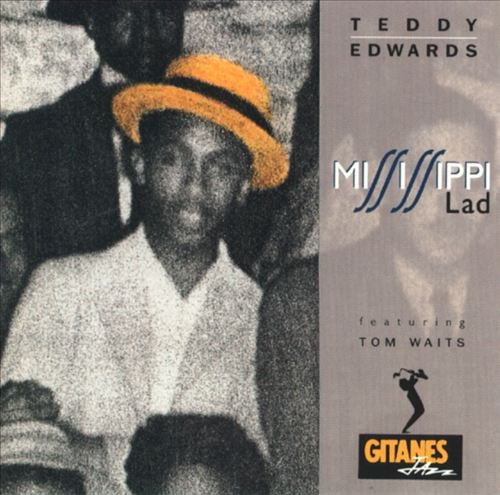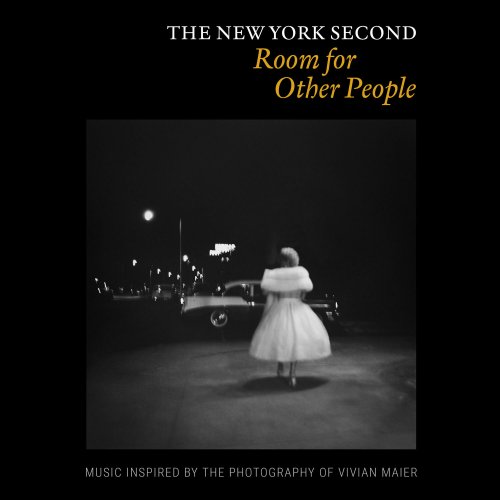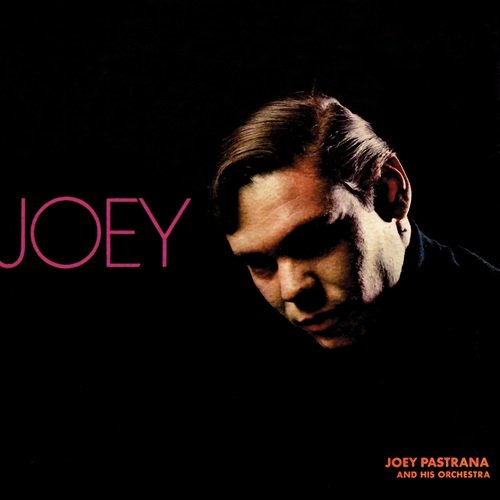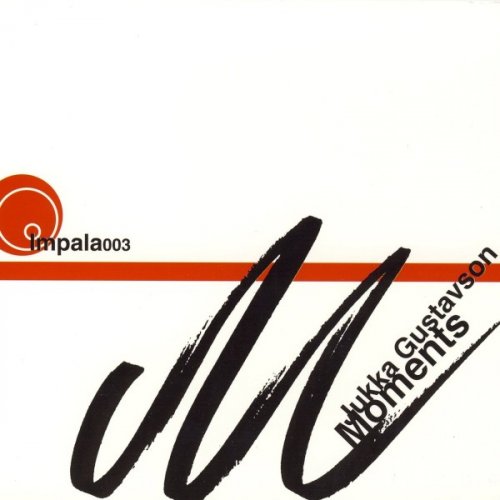Arthur Grumiaux - Beethoven: Violin Concerto & Romances (1999)
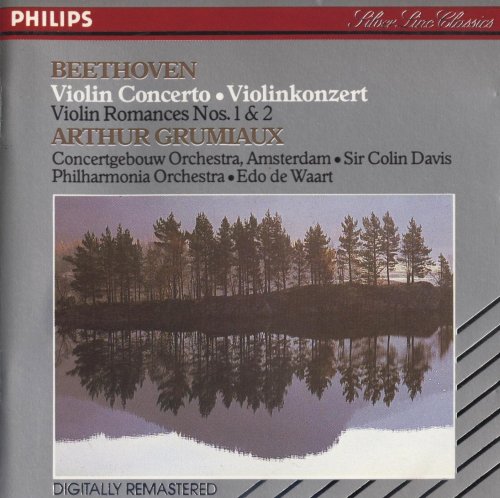
Artist: Arthur Grumiaux
Title: Beethoven: Violin Concerto & Romances
Year Of Release: 1999
Label: Philips
Genre: Classical
Quality: FLAC (image+.cue,scans)
Total Time: 58:39
Total Size: 294 Mb
WebSite: Album Preview
Tracklist: Title: Beethoven: Violin Concerto & Romances
Year Of Release: 1999
Label: Philips
Genre: Classical
Quality: FLAC (image+.cue,scans)
Total Time: 58:39
Total Size: 294 Mb
WebSite: Album Preview
Ludwig van Beethoven (1770-1827)
Violin Concerto in D, op.61
1. I. Allegro ma non troppo
2. II. Larghetto
3. III. Rondo (Allegro)
4. Romance No. 1 In G Major For Violin And Orchestra Op. 40
5. Romance No. 2 in F major for violin and orchestra, op. 50
Performers:
Arthur Grumiaux - violin
Concertgebouw Orchestra, Amsterdam
Sir Colin Davis - conductor
New Philharmonia Orchestra
Edo de Waart - conductor
Three great violinists taped Beethoven’s Violin Concerto Op. 61 at the Amsterdam Concertgebouw during the early 1970s. On two occasions, the Concertgebouw Orchestra played under Bernard Haitink, who accompanied Henryk Szeryng and the orchestra’s legendary concertmaster Herman Krebbers. And when the great Belgian virtuoso Arthur Grumiaux took his turn before the microphones of the Philips recording team, it was with Colin Davis on the podium. This is the account heard on this excellent Universal reissue. Happily, it’s lost none of its former lustre; those who remember Grumiaux’s reading from the days of LP also will recall how vital and natural the recording itself appeared to be. Now, with the benefits of digitized remastering, it sounds exceptionally realistic, with the famous warmth of this great auditorium palpably conveyed.
Of the three lions of the violin who in rapid succession surmounted this Everest among violin concertos for the Philips label, Grumiaux has long been credited with having given the most traditionally mannered account. Where Szeryng proves more assertive and mercurial (he resists the Kreisler cadenzas which are almost mandatory in this work), Grumiaux’s silken tone and matchless authority realize an interpretation of exceptional gravitas and profound dignity. The eloquence of utterance, harnessed to superlative technical control, is especially a feature of the monumental opening movement. Here, time itself seems stilled, and Grumiaux builds his performance as majestically as ever you’ll hear it realized. Davis and the Concertgebouw furnish magnificent accompaniments, and while Grumiaux also is magnificent in the two Romances, Edo de Waart and the New Philharmonia Orchestra sound less polished. In sum, this remains a benchmark reading of the Beethoven concerto, though I’d welcome the speedy return of Krebber’s sterling version, too.
Of the three lions of the violin who in rapid succession surmounted this Everest among violin concertos for the Philips label, Grumiaux has long been credited with having given the most traditionally mannered account. Where Szeryng proves more assertive and mercurial (he resists the Kreisler cadenzas which are almost mandatory in this work), Grumiaux’s silken tone and matchless authority realize an interpretation of exceptional gravitas and profound dignity. The eloquence of utterance, harnessed to superlative technical control, is especially a feature of the monumental opening movement. Here, time itself seems stilled, and Grumiaux builds his performance as majestically as ever you’ll hear it realized. Davis and the Concertgebouw furnish magnificent accompaniments, and while Grumiaux also is magnificent in the two Romances, Edo de Waart and the New Philharmonia Orchestra sound less polished. In sum, this remains a benchmark reading of the Beethoven concerto, though I’d welcome the speedy return of Krebber’s sterling version, too.
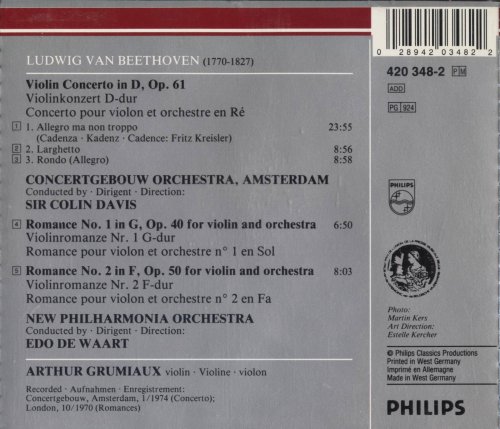
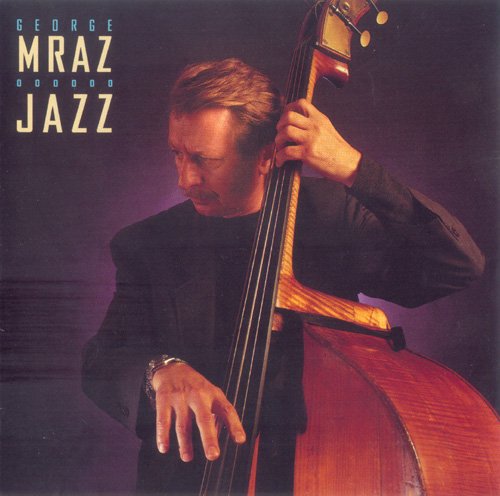
![Abraham Réunion - Jaden an nou (2026) [Hi-Res] Abraham Réunion - Jaden an nou (2026) [Hi-Res]](https://www.dibpic.com/uploads/posts/2026-02/1770745777_folder.jpg)
![Zoë de Priester - Can You Hear Me? (2026) [Hi-Res] Zoë de Priester - Can You Hear Me? (2026) [Hi-Res]](https://www.dibpic.com/uploads/posts/2026-02/1770745033_folder.jpg)
![Andreas Røysum Ensemble - Andreas Røysum Ensemble with Marvin Tate (2025) [Hi-Res] Andreas Røysum Ensemble - Andreas Røysum Ensemble with Marvin Tate (2025) [Hi-Res]](https://img.israbox.com/img/2026-02/09/ykeodm7hf0rcmt815qdtlvyfd.jpg)
